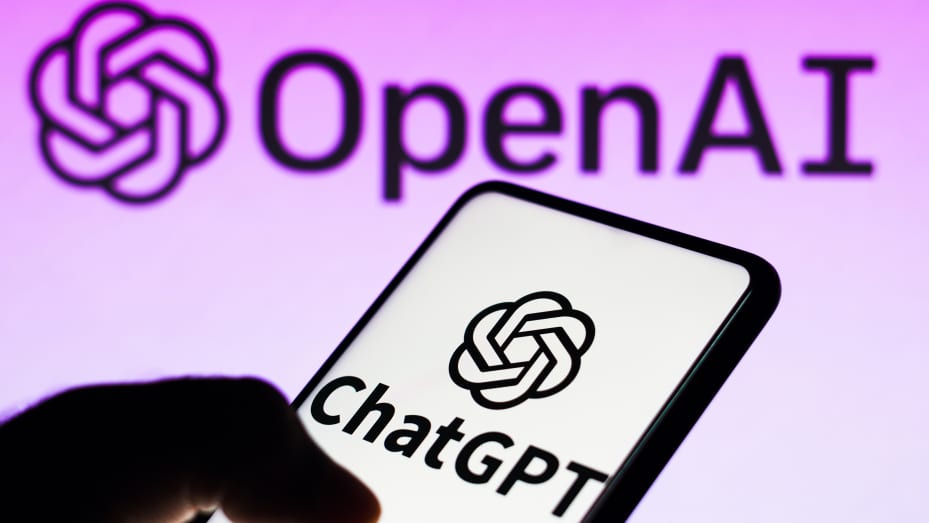ChatGPT vs Traditional Search Engines: A Comparative Analysis
In the rapidly evolving digital landscape, the way we seek and consume information is undergoing significant transformation. Traditional search engines, once the primary tool for online information retrieval, are now facing competition from advanced AI models like ChatGPT. This comparative analysis delves into the strengths, limitations, and unique features of chat gbt and traditional search engines, highlighting how they cater to the diverse needs of users.
Traditional search engines, such as Google and Bing, have long been the go-to platforms for finding information on the internet. They operate by indexing vast amounts of web content and using algorithms to rank pages based on relevance to the user's query. The primary advantage of traditional search engines lies in their extensive database and ability to provide a wide range of sources. Users can access multiple perspectives on a topic, compare information, and choose the most reliable sources. This breadth of information is particularly useful for research purposes, where verifying facts and cross-referencing data are essential.
However, traditional search engines have their limitations. The quality of results depends heavily on the user's ability to formulate precise queries and sift through numerous links. Often, users encounter information overload, where the sheer volume of search results can be overwhelming. Additionally, the relevance of the information can vary, with some results being outdated or not directly addressing the user's query.
Enter ChatGPT, a conversational AI developed by OpenAI, which offers a different approach to information retrieval. Unlike search engines that provide links to web pages, ChatGPT generates direct, coherent responses based on its training data. This AI model excels in understanding context and maintaining a flow in conversation, making interactions feel more natural and intuitive. Users can ask follow-up questions without needing to rephrase or refine their queries, resulting in a more user-friendly experience.
One of the significant advantages of ChatGPT is its ability to provide concise, relevant answers quickly. For instance, when looking for specific information, such as a summary of a historical event or an explanation of a scientific concept, ChatGPT can deliver a well-structured response without requiring the user to navigate through multiple web pages. This efficiency is beneficial in scenarios where time is of the essence or when the user seeks a straightforward answer.
Despite its advantages, ChatGPT also has limitations. The model's responses are based on patterns and information present in its training data, which means it may not always provide the most up-to-date information. Moreover, ChatGPT does not have access to external databases or real-time internet content, potentially limiting its ability to verify facts or offer the latest updates. This reliance on pre-existing data can also lead to occasional inaccuracies or biases in responses.
When comparing ChatGPT to traditional search engines, it becomes clear that each has its unique strengths tailored to different user needs. Traditional search engines are indispensable for comprehensive research, offering a wide array of sources and the ability to cross-check information. They are well-suited for users who need a broad overview of a topic or wish to explore various perspectives.
On the other hand, ChatGPT shines in delivering quick, precise answers and engaging in interactive, context-aware conversations. It is ideal for users seeking immediate information or those who prefer a more conversational approach to finding answers. ChatGPT's potential extends beyond simple queries; it can assist with drafting content, brainstorming ideas, and providing personalized recommendations, making it a versatile tool in various contexts.
In
conclusion, the choice between ChatGPT and traditional search engines depends
largely on the user's specific needs and preferences. While search engines
remain a robust tool for in-depth research and accessing diverse information,
ChatGPT offers a more streamlined, conversational experience that caters to
immediate and precise information requirements. As both technologies continue
to evolve, their complementary strengths will likely shape the future of
information retrieval, providing users with more versatile and efficient ways
to access and utilize knowledge.


No comments: